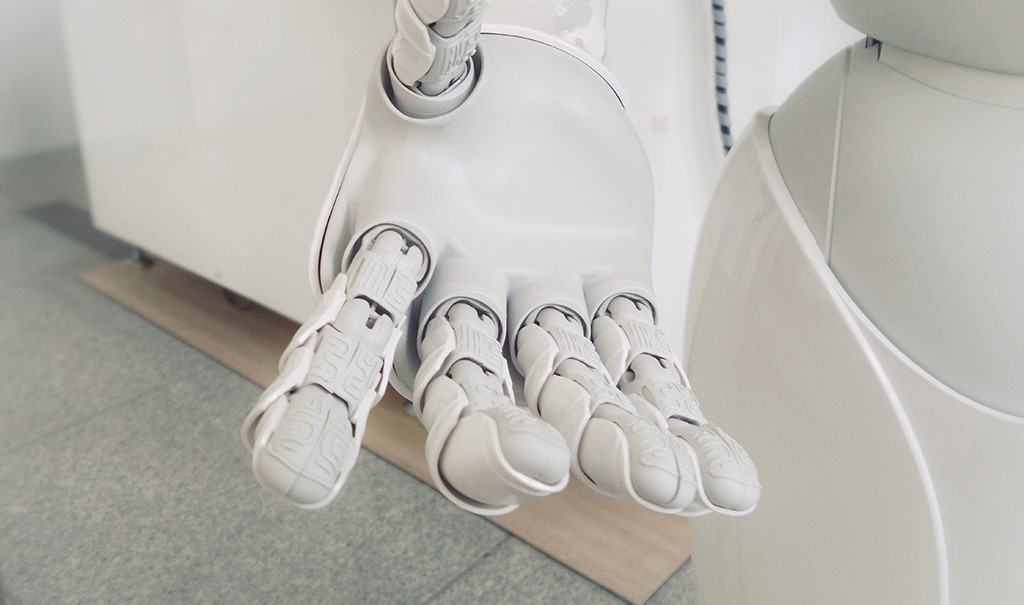Researchers from Michigan State University are using a £565,000 grant from the National Science Foundation to explore the ways robot-assisted learning can help patients improve common daily activities.
How neuroplasticity allows people to relearn ‘lost’ skills
Following a neurological injury or illness, many individuals can face a long recovery period as they struggle to relearn or find new ways to approach previously common daily activities – from walking and speaking to preparing meals. These activities rely on motor activities which involve the small muscles of the body responsible for coordination. This can be seen in activities such as grasping, standing, typing, dressing and eating.
While the brain cannot repair sensory neurons or reverse the effects of brain injury, when an individual is in recovery from a brain injury, stroke or similar neurological impact, they rely on the brain’s ability to reorganise neural connections to compensate from this loss of function.
Known as neuroplasticity, progressive, skilled and repeated motor training exercises and activities will allow the brain to create new neural pathways so the individual can relearn these skills.
Using robots to support recovery and rehabilitation
In previous articles, we have explored the ways virtual reality can support patients during their recovery and robotic assistance is another way to ease this complex process of relearning skills.
In this project, US researchers will use robots to apply forces to joints in the hand as a way to help learn complex movement patterns, with the aim of creating a rigorous framework for human-robot learning through physical interactions.
Specifically using a soft robotic glove to facilities motor learning or hand and finger function, the project will both sense and assist an individual’s movements.
Read more about this project on the Michigan State University site. To learn more about brain injury rehabilitation, explore our recent article on neuroplasticity.
Trust the neurological rehabilitation experts
To instruct a medico-legal expert specialising in neurological rehabilitation, please contact us today.

